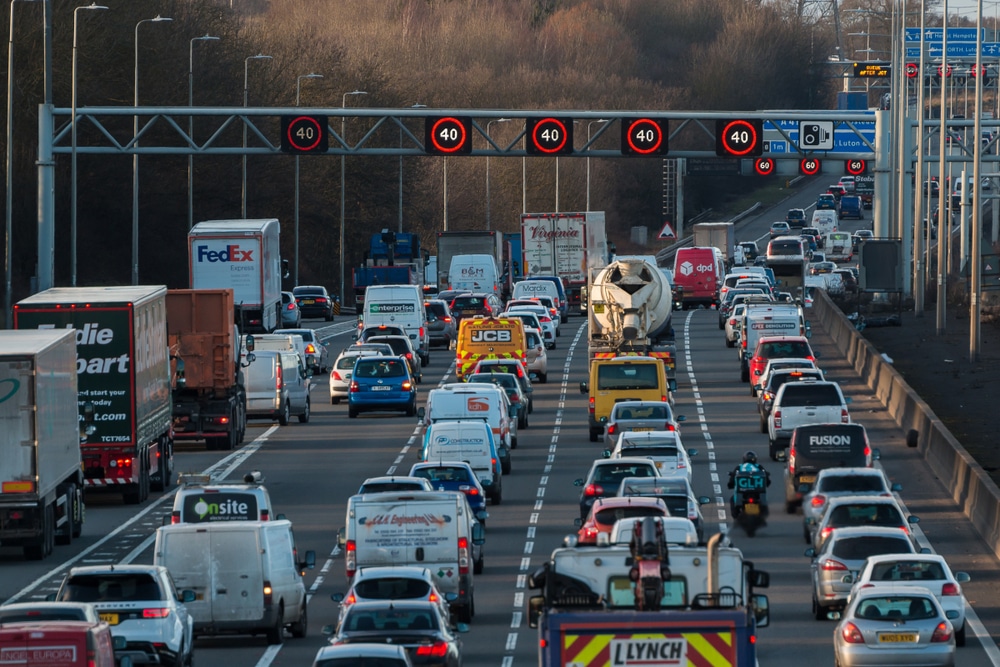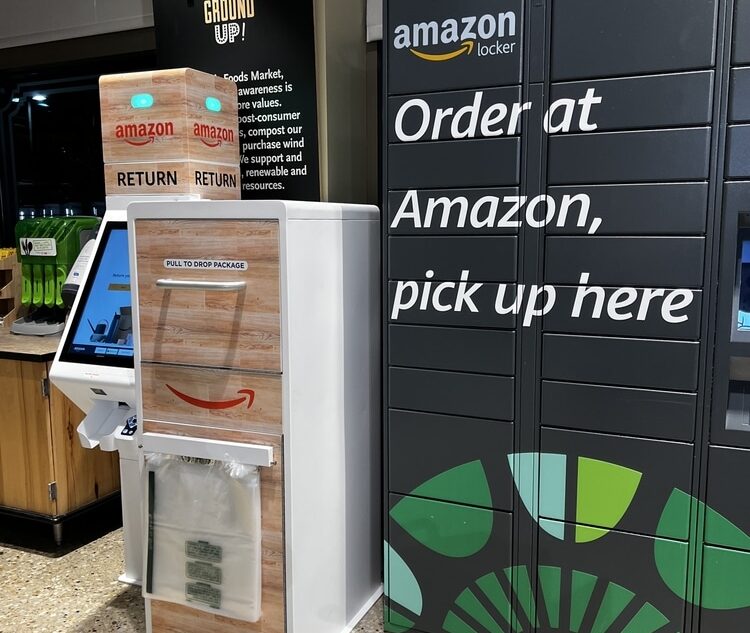Insight / Blog
Shifting consumer delivery expectations in a demanding German market
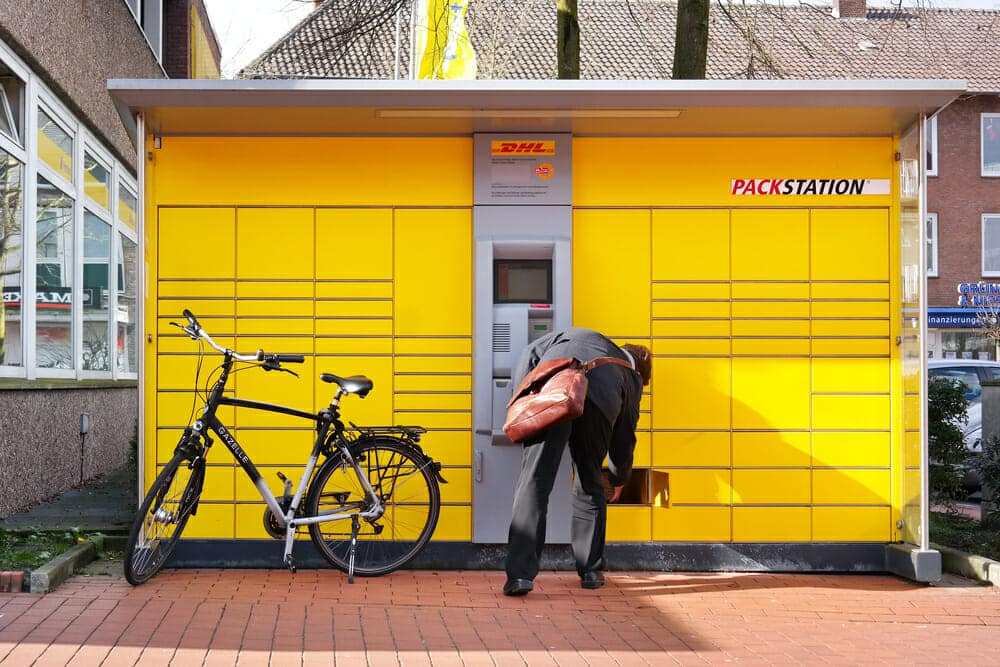

This article was created using insights from our Germany market report, which explores opportunities for parcel carriers and offering insight and comparison to other parcel markets around the world.
German consumers are some of the most demanding in the world. That goes beyond any of the considerations of delivery convenience already discussed. Major purchases tend not to be impulse buys, but the result of careful consideration and comparison.
Quality matters to the German shopper. This is hardly surprising – the country manufactures goods that are famed for their durability and many German brand names are synonymous with quality: Audi, Bosch, BMW, Mercedes-Benz, Siemens, Thyssenkrupp and more.
In short, there are many reasons why German shoppers aren’t prepared to accept second best. An estimated 60% of them will keep buying a particular brand once they are satisfied they are receiving quality goods and services.
Germans also have high social and environmental awareness, which influences many of their purchasing decisions. Whether it’s organic products, vegan food, energy consumption, or recycling, there is a maturity in the country’s attitude to the needs of the wider society.
High consumer expectations
More than half (53%) of 18-34s in Germany shop online at least once per week, according to the Spectos eCommerce Monitor 2021. They are also part of a demographic more likely to gravitate toward environmentally friendly, sustainable products and services. One of the questions carriers and retailers will have to come to terms with is how to support online sales growth in sustainable ways.
Currently, shoppers in Europe’s most important economy are pampered by the routine nature of home deliveries. Some carriers will try to avoid inconveniencing the customer to the point of attempting delivery 4 times. The desire for convenience has created what one of our report contributors referred to as the phenomenon of the spoiled customer (this is reflected in German shoppers’ attitude toward returns, too.) Whether it’s deliveries or returns, endlessly pandering to a desire for convenience can be expensive – unsustainably so.
In a market where retailers want to keep the customer sweet, carriers are caught between a rock and a hard place. Managing costs is a significant part of the answer to this challenge. If carriers and retailers in partnership can persuade customers to embrace modernity in ecommerce, they could reap significant rewards. But that will mean getting the right balance of incentives and disincentives into the market; reasons to choose something other than costly home delivery and new ways of thinking about convenience.
A dense PUDO market
Most Germans are rarely more than 500m away from a parcel locker or PUDO shop, chiefly because almost 75% of people live in cities or metropolitan areas where there are, simply, a lot of lockers.
Yet shoppers choose home delivery as their first and favourite option. Why? Because there is little in the way of a financial stick or carrot to get them to do anything else. In the case of Hermes, which has a 15% share of the German parcel market, four attempts will be made to deliver a parcel before the customer has to make separate arrangements to get their purchases.
That desire to maintain a high level of convenience is costly to the carrier in both the short and longer-term. On top of the accumulated delivery costs to the carrier, there is an element of created inertia, too; an abundance of convenience from these multiple delivery attempts becomes a barrier, stopping customers seeing any need to try new, disruptive options.
Innovation is needed, though. While customer attitudes toward change are hesitant, change is already taking shape. Much of the growth in ecommerce and deliveries in Germany is coming via Amazon, a company not known for sitting on the side lines indefinitely. More on that, shortly. Germany also faces several constraints on its labour force, not least of which is the effect of modest population growth. Drivers and warehouse staff are a very finite resource and that is inflating costs.
Conscientious consumers offer a route for change
Putting the climate first is second nature in Germany. The country’s people cycle and recycle in great numbers as they strive to limit car use and reduce waste. It’s an ethos that could respond warmly to the right service from the right provider, packaged with the right messaging. Part of that messaging should focus on the pro-climate benefits alternatives to home delivery offer.
Sending 200 parcels to 200 homes uses more resources than sending 200 parcels to a single PUDO point. So, the potential for cleaner, greener ecommerce should motivate sustainability-conscious consumers to adopt out-of-home deliveries.
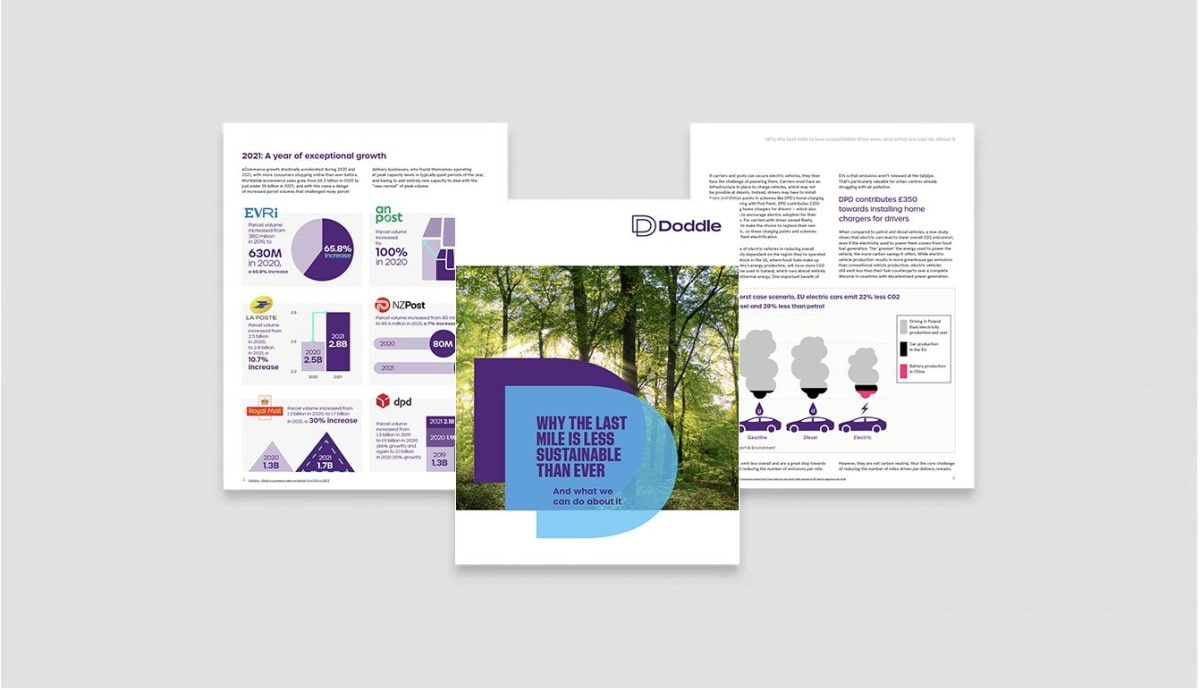
However, it is a shift that will still need to be highly configured around customer convenience if it is to appeal to the mass market of online shoppers. But many components for successfully disrupting the ecommerce delivery sector are already in place. There is a high degree of smartphone use, for example, and there is no need to build an extensive PUDO network as it is already in place in large parts of the country.
Innovative customer experience and communication developments, taking advantage of the widespread use of apps and smartphones, could also play an important part here. Home delivery is always likely to exist, and its convenience is undeniable. But there is no reason it has to be the default. PUDO should feel as easy as possible, with notifications and flexible options helping the customer feel in control via their phone, no matter where they are.
Generating savings with out of home deliveries
Combining publicly available pricing information and conversations with postal operators we’ve had recently, we estimate that deliveries to PUDOs are between 20% and 40% cheaper for the parcel carrier, compared to home delivery.
What needs to happen to generate more PUDO adoption, then? The carrier may need to share some of that cost efficiency with the retailer, and the retailer with the consumer, to incentivise adoption at every stage. As German ecommerce grows and volumes increase, it’s unlikely that multiple home delivery attempts will remain an economically sustainable proposition for very long. What happens next depends on the ability of carriers to encourage out-of-home pickup adoption.
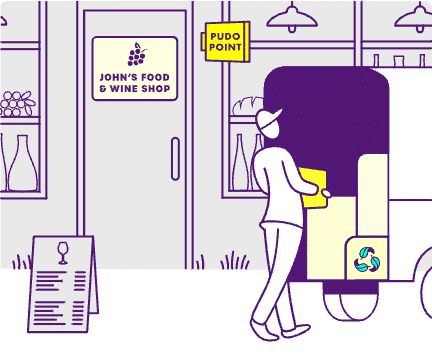
Related articles
Lessons from a decade in the first and last mile
A decade as Doddle taught us some lessons - and Blue Yonder helps us see what will matter in the next decade.
Convenient and sustainable: developing an out-of-home delivery strategy
Sustainability has become a key decision factor for retailers - here's how carriers can stay ahead with an out-of-home delivery strategy that’s both sustainable and convenient for consumers
Parcel lockers vs parcel kiosks: which is best for parcel drop-off?
We explore the benefits and drawbacks of parcel lockers and kiosks to help decide the best self-service solutions.











